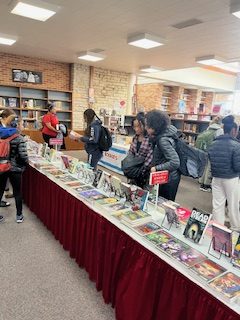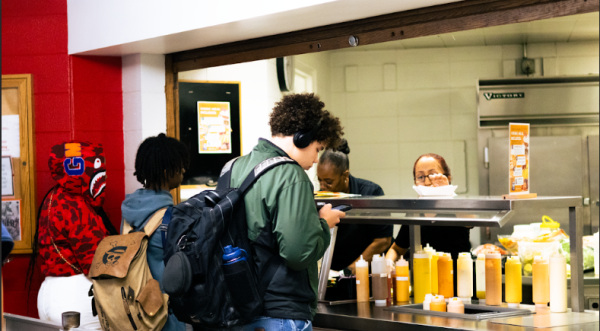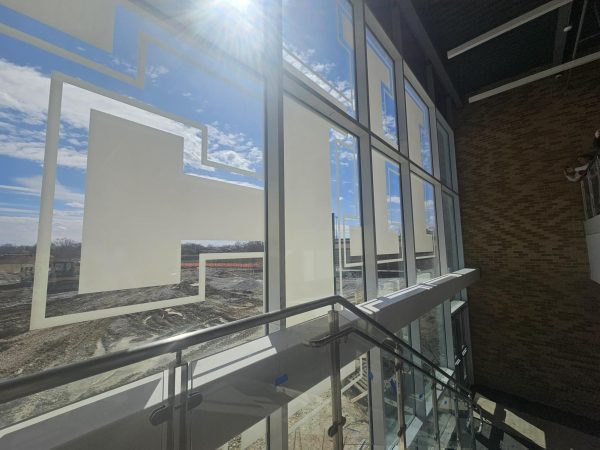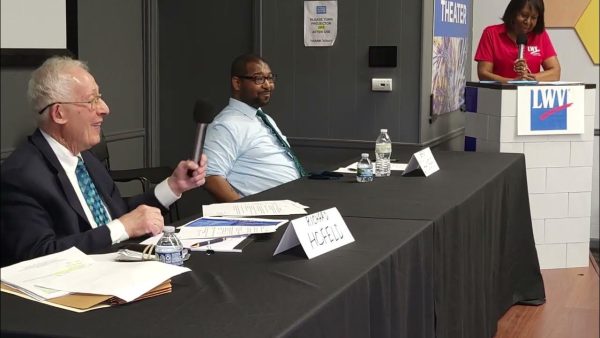Virgin Voters
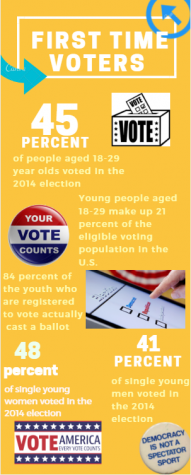 First-year voters are being pulled in two totally different directions in the upcoming election. Republican nominee,Donald Trump is facing off against the polar opposite Democratic nominee,Hillary Clinton.
First-year voters are being pulled in two totally different directions in the upcoming election. Republican nominee,Donald Trump is facing off against the polar opposite Democratic nominee,Hillary Clinton.
Finally having a chance to voice your opinions on political issues can be an important, but challenging quest for a high school student.
In a study done by Gallup Poll, 77 percent of teens who plan to vote Republican say they have the same values as their parents. 71 percent of Democratic teens who plan to vote also say they have the same views as their parents.
Parents who usually shape the minds of their children to their own beliefs have an impact on their children more than they think.
“I never knew how much I had an impact on my kids. Little things like making a comment while listening to the radio or laughing at the debate is all that it takes for your views to spread,” parent Sherri Thompson said.
On the other hand, some students and parents have clashing views which could make politics something you don’t bring up at the dinner table. It does also give an opportunity for the parent and the child to learn and grow from their differences.
“I think my mom’s a Republican and I’m more a Democrat. We do have different views but only on certain little things,” senior Sydney Gear said.
Many families are heavily involved in the election, and while the discussion is informative, it is one Gear tries to avoid.
“She’ll explain her reason for supporting whomever she supports and her reasons make sense, but I try not to talk too much about politics with anyone because I feel like it’s sensitive topic,” Gear said.
Political talk has often been thought of as taboo and a matter that shouldn’t be discussed in fear of a heated argument or differing opinions.
Informed voters base their opinions on what the candidates say and not others opinions.
“I’ve watched all the debates and I plan on watching all of the rest. [I] also [watch the debates] with the vice presidents. I watch those because I feel like it’s important information to know.” senior Hannah Tronsen said.
Being an informed voter is important when every vote counts. Teenagers aged 18-24 have had the lowest turn out in the polls since well before the 1980’s.
In the 2012 election, Barack Obama won the 18-29 year old vote by over five million votes and that was one of the key demographics that helped him push past Mitt Romney and win the presidency.
Teenagers who aren’t known for their overwhelming interest in politics have new ways of receiving information in this new digital age. There is the ability to find plenty of facts on the candidates on Twitter and other social media. This overwhelming amount of information can be a problem when information is not always correct.
“I think the media can be misleading Not everyone watches the debates and knows exactly what they’re saying,” Tronsen said.
Trusting an unreliable source can lead to making big mistakes at the poll.
First time voters have the same political power as someone who has been voting for the past 20 years. Being young doesn’t mean being powerless.
“Voting shouldn’t be taken lightly. Everyone who has the opportunity to vote should,” Tronsen said.
As of 2012, only 45 percent of people between 18-29 vote.
It is a responsibility that should be based on who has your best interests.
“Don’t let others opinions shape your vote because ultimately it’s going to be you who has to deal with the consequences for the next four years,” senior Kennedi Sidberry said.

